Humans
Sign up for our newsletter
We summarize the week's scientific breakthroughs every Thursday.
-
 Genetics
GeneticsAirborne MERS virus found in Saudi Arabian camel barn
The air in a Saudi Arabian camel barn holds genetic fragments of MERS, a new study shows.
-
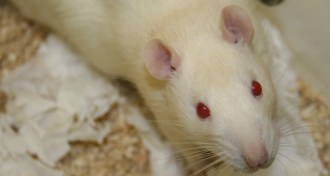 Neuroscience
NeuroscienceFor rats, a break from stress isn’t worth the relief
An unplanned vacation from stress might seem like a good idea, but a new study in rats shows that unpredictable escapes from pressure produce more strain on the first day back.
-
 Genetics
GeneticsHints about schizophrenia emerge from genetic study
From thousands of genomes, researchers pinpoint dozens of DNA changes that may underlie schizophrenia
-
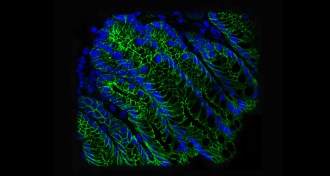 Health & Medicine
Health & MedicineCarbs and gut microbes fuel colon cancer
Western nations experience high levels of colon cancer, and carbo-loading gut microbes might explain why, says a new study in mice.
By Nsikan Akpan -
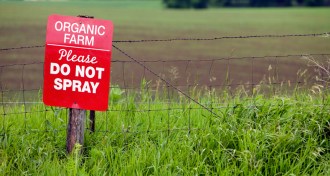 Health & Medicine
Health & MedicineOrganic foods may contain extra antioxidants
Contrary to previous studies, a new analysis finds that organic crops have nutritional benefits over conventionally grown foods.
By Beth Mole -
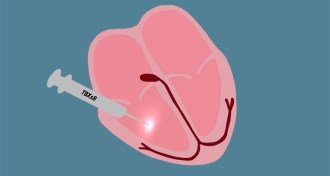 Health & Medicine
Health & MedicinePig heartbeats adjusted with gene therapy
A biological pacemaker created with gene therapy could may one day help people who cannot have implanted electrical pacemakers.
-
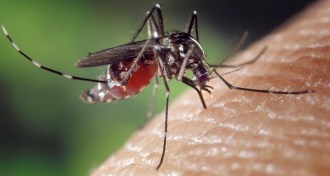 Health & Medicine
Health & MedicineFirst case of chikungunya, a mosquito-borne virus, acquired in U.S.
The case represents the first time that mosquitoes on the U.S. mainland have passed the virus to a person.
-
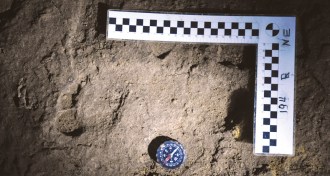 Anthropology
AnthropologyRomanian cave holds some of the oldest human footprints
A group of Homo sapiens left footprints about 36,500 years ago, not 15,000 as scientists had thought.
By Bruce Bower -
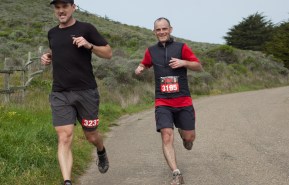 Psychology
PsychologyTo do your best, find a rival
There are rivals in every walk of life. A new study shows that for runners, a rival might help them do their best.
-
 Life
LifePregnancy disorder shares aspects with Alzheimer’s
Misfolded proteins, the hallmark of Alzheimer’s and mad cow diseases, are found in urine of women with preeclampsia.
-
 Neuroscience
NeuroscienceObese women struggle to learn food associations
In a lab experiment, women fail to connect color signal with tasty reward, a deficit that may contribute to obesity.
-
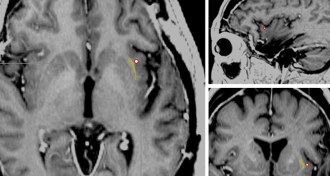 Neuroscience
NeuroscienceElectrode turns consciousness on and off
Woman lost awareness, though appeared awake, when her brain was stimulated near an area called the claustrum.